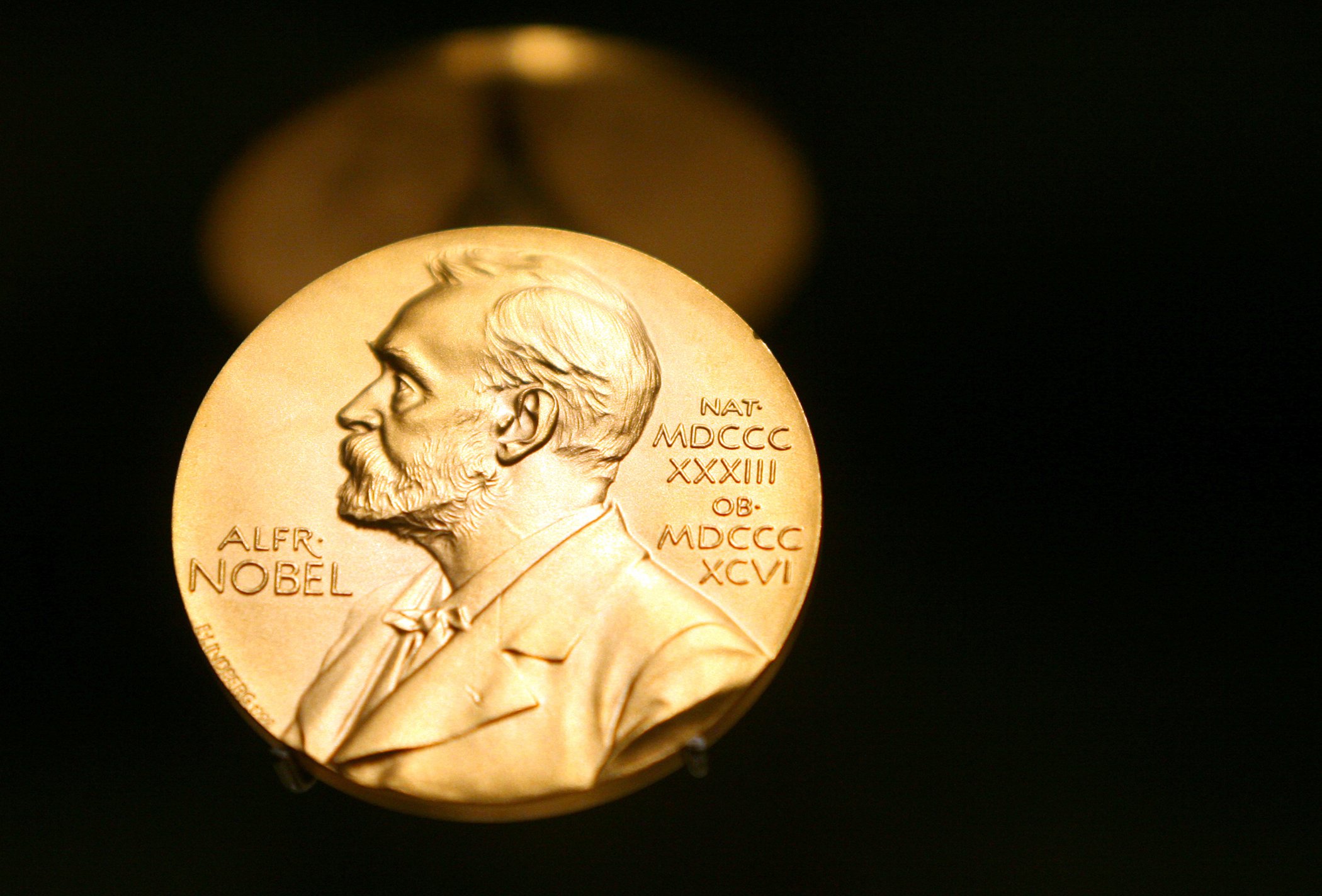“For the greatest benefit to mankind” – Alfred Nobel
For those who win Nobel prizes it is a moment of recognition for the contribution they have made to the world, whether it is through literature, peace or a scientific discovery. Alfred Nobel was the initiator of the Awards, a wealthy Swede who wanted to celebrate the achievements made towards peace between nations.
The Nobel Prize for Physics went to Rainer Weiss, Barry Barish, and Kip Thorne, for their recording of gravitational waves for the first time in 2015. They did this through creating a Laser Interferometer Gravitational-Wave Observatory (LIGO), and believing for the best part of 50 years it was possible to measure the waves. This was in spite of the fact they are extremely weak when they arrive at Earth, and smaller than an atomic nucleus by the order of over a thousand. In 2015, the collision of 2 black holes was monitored in the US, which occurred 1.3 million years ago. The future looks exciting in light of this discovery, and the LIGO will ensure that the measurement of significant space events and waves can be subsequently monitored.
The Nobel Prize for Chemistry was awarded to Jacques Dubochet, Joaquim Frank, and Richard Henderson, for the breakthrough in biochemistry and the way we can see electrons in solution under a microscope. The process is called cryo-electron microscopy, and simplifies the structure of the biomolecules which allows 3D models of the atoms to be formed. This has allowed ground breaking research to occur since 2013, enabling investigation of the Zika virus at a molecular level, and looking at the proteins involved in bacterial immunity to antibiotics. This has opened the field of biochemistry drastically, and will allow the field to progress rapidly in the future.
The Nobel award for Physiology or Medicine was awarded to Jeffrey Hall, Michael Rosbash, and Michael Young for their research into circadian rhythms, the internal biological clock which allows us to adjust to the day to day changes. Circadian rhythms have an effect on sleep behaviour, body temperature, release of hormones, and feeding behaviour. The uncovering of the gene in the 1970s led to the discovery of how the protein can be activated, allowing the team to find the key mechanistic principles behind the protein in control of the circadian rhythms. As a consequence, we may now be able to calibrate our biological clocks, having repercussions in the future for our wellbeing.
A sad point is in the science awards the gender inequality can clearly be seen, with awards in; Physics, Chemistry and Medicine, all being awarded to men in 2017. Between 1901-2017, the Science awards have been awarded to only 17 women, Marie Curie winning a Nobel twice. The last time a woman won the award in Physics was 54 years ago. For much of the science based awards it makes sense to have a lag time, so that the full extent of their effect of research becomes apparent, maybe a few years after they had the original breakthrough. In this day and age it is dispiriting this does not appear to be happening.
That being said, all the Nobel Prize winners are unquestionably commendable for the considerable contributions they have made to our understanding of science, making huge progress and real impact in their chosen field.
The other winners in 2017:-
- Nobel Prize for Economics: Richard Thaler.
Combined psychology and economics in rationality and self-control in keeping New Year Resolutions. Thaler coined term ‘nudging’. - The Nobel Prize for Literature; Kazuo Ishiguro.
For a lifetime of books that have resonated deeply with people in keeping with his style of English-Japanese fusion. Ishiguro won the Whitbread prize in 1986 for An Artist in a Floating World and the Man Booker Prize in 1989 for The Remains of the Day. - The Nobel Peace Prize: International Campaign to Abolish Nuclear weapons (ICAN)
Set up in 2007 the group seeks to prohibit nuclear weaponry, aiming for all countries to sign an anti-nuclear treaty. The award is seen as hugely topical given the fears surrounding the escalating tension between North Korea and Donald Trump’s USA.
Kira Knowles
Image: Kay Nietfeld

